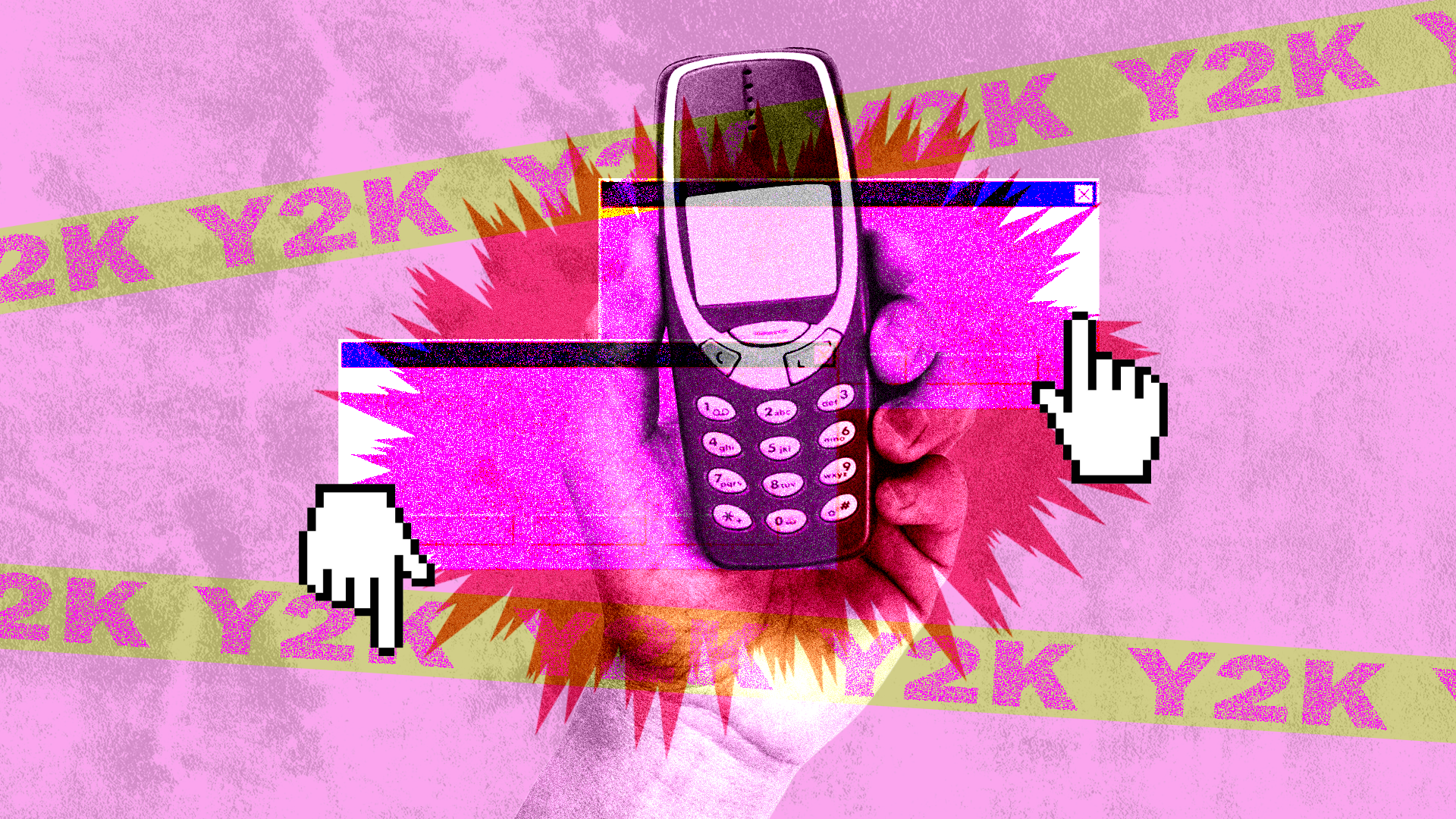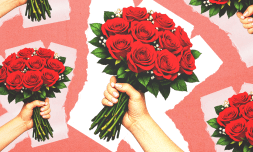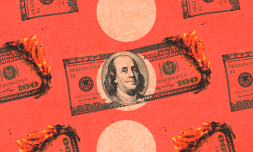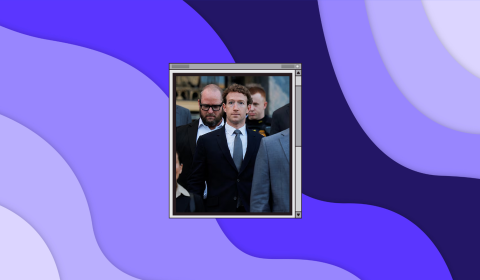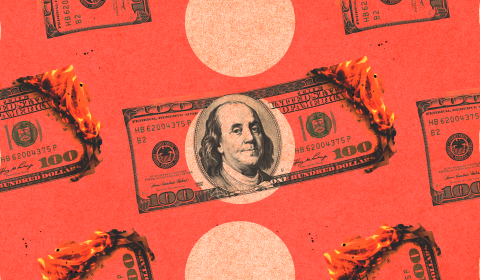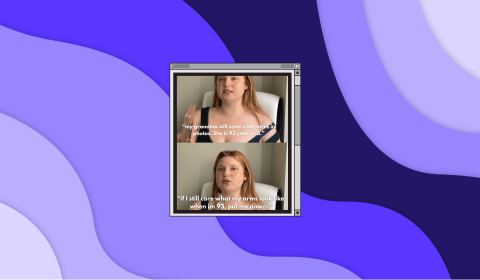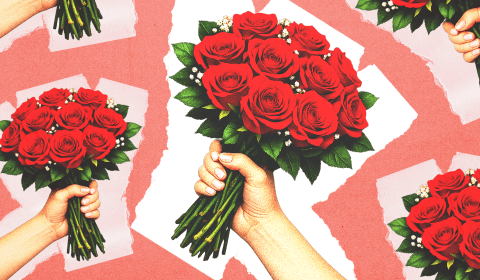The thirst for 90s and Y2K fashion is seemingly never-ending, with Gen Z fully embracing the digital cosiness of yesterday’s tech and style. What is it about this era that attracts young people more than others?
![]()
If you’re an older Gen Z like me, you probably remember some of the Y2K era, at least past the mid-noughties.
Think flip phones, rudimentary desktop computers, major-label boybands, girl groups and the rise of early social media. It was a time of rapid change and technological evolution, as the internet began to restructure our idea of what ‘mainstream’ really meant and the world become infinitely more connected. We still had tons of physical media – CDs, DVDs, portable MP3 players – but the digital space was slowly starting to dominate how we consumed content and chatted to friends.
View this post on Instagram
With all this in mind, it’s been interesting to see younger Gen Zers embrace and encourage a nostalgic resurgence of Y2K fashion, tech and media.
As Newsweek reports, music from the 1990s and 2000s is routinely re-entering the charts, staples of the era’s fashion such as butterfly hair clips and small sunglasses are back in style, and even Tamagotchis have double in sales. Oasis are currently on a high-profile tour across the UK, with tickets having sold out in 2024 almost immediately. Baggy jeans and Pokémon cards are all the rage and neon colours are everywhere.
What gives? Why are so many young people fully jumping in to the trends of the late nineties and early noughties?
View this post on Instagram
In our algorithmic, social media-obsessed, politically-polarising and ever-warming world, is it really all that surprising? For Westerners, the Y2K era is representative of the last truly optimistic time in popular culture, where economies were thriving, the future looked bright, and there was a genuine feeling that things were going to get better with the rise of the internet and personal tech. We were yet to declare a war on terror, the financial crash was a decade away, and we weren’t all glued to our phones and arguing about nonsense on X.
It makes sense that younger people would want to cash in on some of that nostalgia and positive feeling. The Y2K era was undeniably fun, with metallic clothing, big fits, plenty of accessories and an emphasis on bright expression. This period was loud and proud, encouraging a lightness that is seldom seen in our influencer-focused looks of the modern era.
View this post on Instagram
Younger people are also finding joy in owning physical media again.
After fifteen years of streaming, digital downloads and instant access to everything, consumers are apathetic and jaded toward an always-online system. Flip phones, digital cameras, iPod Minis, vinyl, CDs and physical games are reaching a new audience that appreciate the novelty of actually holding something; playing a Tamagotchi or listening to a record on an actual turntable is fun and personal. Plus, none of your data is tracked or targeted, which makes for a nice change of pace.
Of course, it’s worth mentioning that a big part of the nostalgia resurgence has come simply due to older Gen Zers and younger Millennials having more disposable income. This means more expensive tickets to shows like Oasis, bands like Blink-182 fulling reforming and touring the world, and Britney Spears finding surprise chart success on her old, familiar favourites. If there’s a market willing to buy, you can bet that brands and companies will want to cash in.
View this post on Instagram
The renewed interest in all these old styles and gadgets is perhaps symbolic of how homogenised our technology and media has become.
Where once these spaces where rife with opportunity and ingenuity, they’ve since become bland and uninteresting. Every major phone is the same, we all listen to music on the same platforms, our websites of choice are mostly unanimous. Our current era is particularly gloomy too, with constant headlines of climate change, economic struggle, pandemics, political toxicity, wealth disparity, and much more. The world today is noisy and understandably angry.
Indulging in the past and taking root in fun styles and gizmos is a way to become optimistic again. Gen Z are desperate to feel positive, especially in a world that hasn’t been set up to give them opportunities or reasons to look ahead with confidence. Y2K, the nineties, whatever the era may be, it’s the possibility of fun that is most important.
See also:









